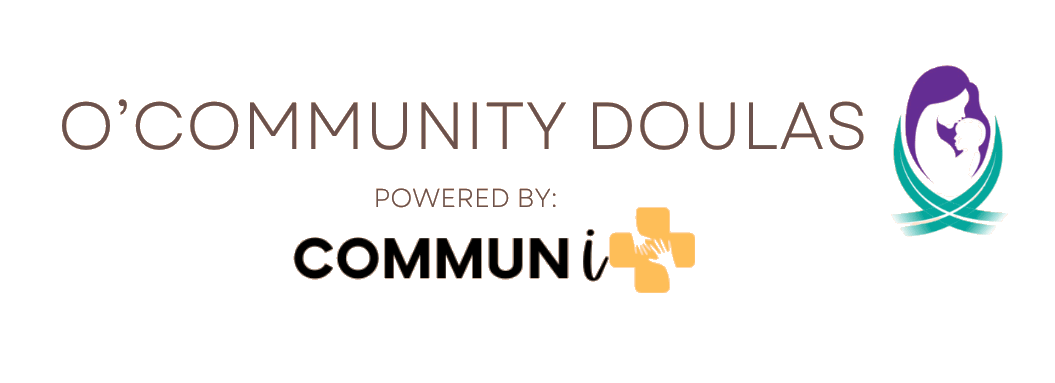Blog
Recognizing the Vital Role of Peer Advocates in Healthcare: Building a Stronger System Together
In the complex landscape of healthcare, one of the most pressing challenges is the lack of clear role expectations and placements. While doctors undoubtedly possess high levels of training and expertise, expecting them to fulfill every role, including that of a peer advocate, can be both impractical and unrealistic. This is where the specialized expertise of peer advocates comes into play, offering invaluable support and guidance in navigating the intricacies of healthcare systems.
Peer advocates, such as Community Health Workers, Doulas, and Mental Health Peer Supporters, bring a unique perspective and skill set to the table. They not only understand the healthcare system from firsthand experience but also possess a deep understanding of the communities they serve. By recognizing and valuing their contributions, we can improve patient outcomes and ensure that everyone receives the care they need.
Community Health Workers (CHWs) are often the unsung heroes of healthcare, serving as trusted liaisons between healthcare providers and the communities they serve. With their cultural competence and firsthand knowledge of local resources, CHWs play a crucial role in bridging gaps in care and addressing social determinants of health. Whether it’s providing health education, facilitating access to services, or offering emotional support, CHWs are instrumental in promoting health equity and empowering individuals to take control of their health.
Doulas, while traditionally known for their support during childbirth, also play a vital role in advocating for maternal and infant health. By providing continuous emotional, physical, and informational support throughout the perinatal period, doulas can improve birth outcomes and reduce disparities in maternal healthcare. Their advocacy extends beyond the delivery room, advocating for culturally sensitive care and informed decision-making throughout the birthing process.
Mental Health Peer Supporters offer a unique form of support to individuals grappling with mental health challenges. Drawing from their own lived experiences, they provide empathy, understanding, and encouragement to those navigating the complexities of mental illness. By offering a non-judgmental space for self-expression and recovery-oriented support, mental health peer supporters empower individuals to pursue their journey towards wellness.
By creating space for these specialized professionals within our healthcare system, we can build a stronger, more effective framework for delivering care. This means acknowledging their expertise, providing adequate training and resources, and integrating their services into existing healthcare structures. It also entails fostering collaboration and communication between peer advocates and other healthcare providers, recognizing that each brings valuable insights to the table.
In essence, by recognizing and valuing the specialized expertise of peer advocates, we can enhance patient-centered care, improve health outcomes, and ultimately, build healthier communities. Let’s work together to create a healthcare system that honors the diverse needs and experiences of all individuals, ensuring that everyone has access to the care and support they deserve.
